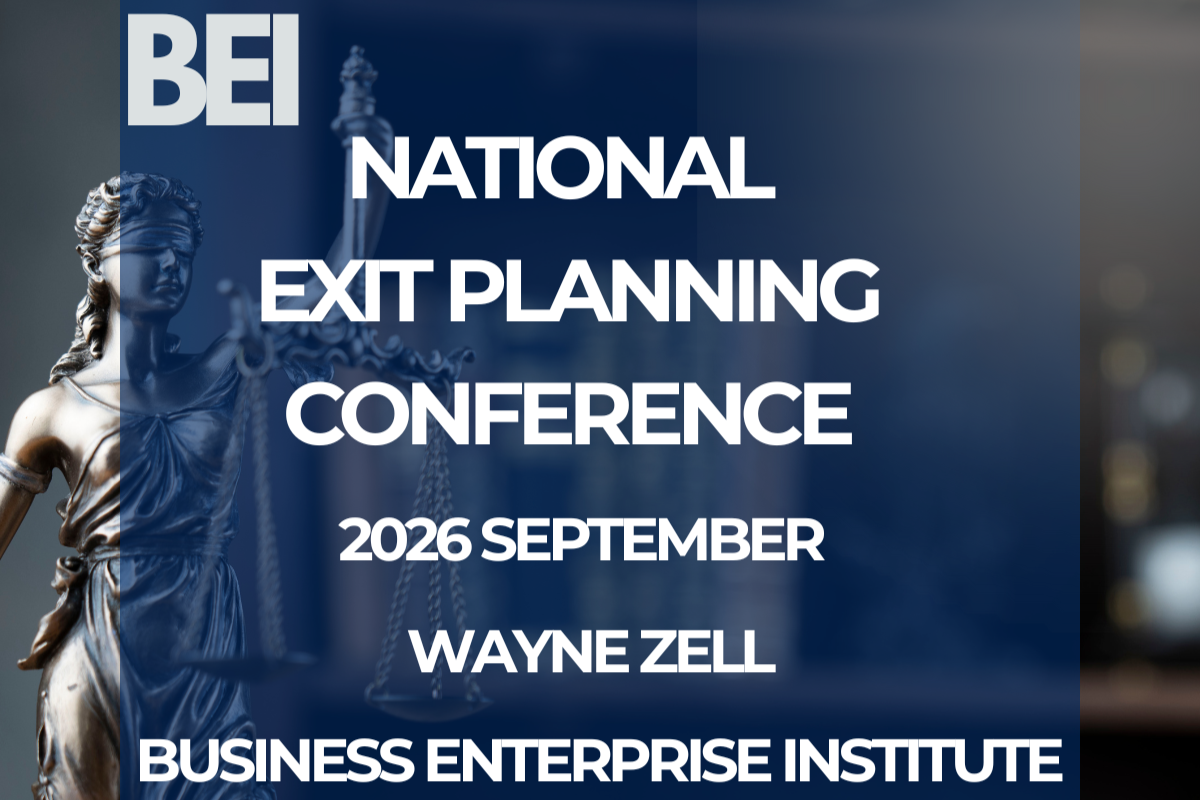
Could Virginia Become the Highest-Taxed State?
Virginia Proposed Income Tax Changes for 2027
Potential Combined Impact - If both HB 979 and HB 378 are enacted, Virginia’s maximum marginal income tax rate could rise to 13.8% in 2027, which would represent the highest state-level income tax rate in the United States.

Continuity in Crisis: Preparing Your Business for the Unexpected
May 6-9th 2026
Dive into the heart of planning for the unexpected with Wayne Zell's interactive workshop for business exit planners, inspired by his award-winning publication, "Your Multimillion-Dollar Exit – An Entrepreneur’s Business Success(ion) Planner." This immersive experience is not just a workshop; it's a journey through the real-life stories of entrepreneurs who have faced and solved the complexities of succession planning amidst unforeseen circumstances.

Continuity in Crisis: Preparing Your Business for the Unexpected
Continuity in Crisis: Preparing Your Business for the Unexpected
Dive into the heart of planning for the unexpected with Wayne Zell's interactive workshop for business exit planners, inspired by his award-winning publication, "Your Multimillion-Dollar Exit – An Entrepreneur’s Business Success(ion) Planner." This immersive experience is not just a workshop; it's a journey through the real-life stories of entrepreneurs who have faced and solved the complexities of succession planning amidst unforeseen circumstances.

What is a Self-Canceling Installment Note (SCIN)?
Discover the power of Self-Cancelling Installment Notes (SCINs) for family business transfers and estate planning. Learn how SCINs work, their tax benefits, and when to use them. Explore the advantages of SCINs in minimizing gift and estate taxes while transferring property between family members. Optimize your wealth transfer strategy with expert insights on Self-Cancelling Installment Notes.
